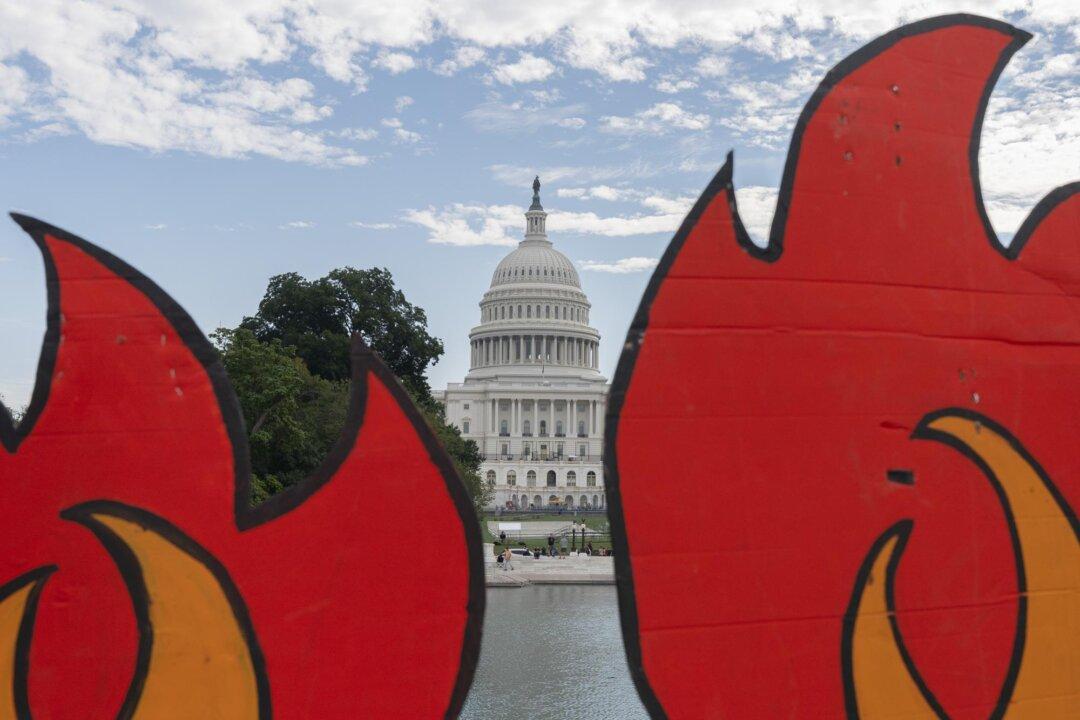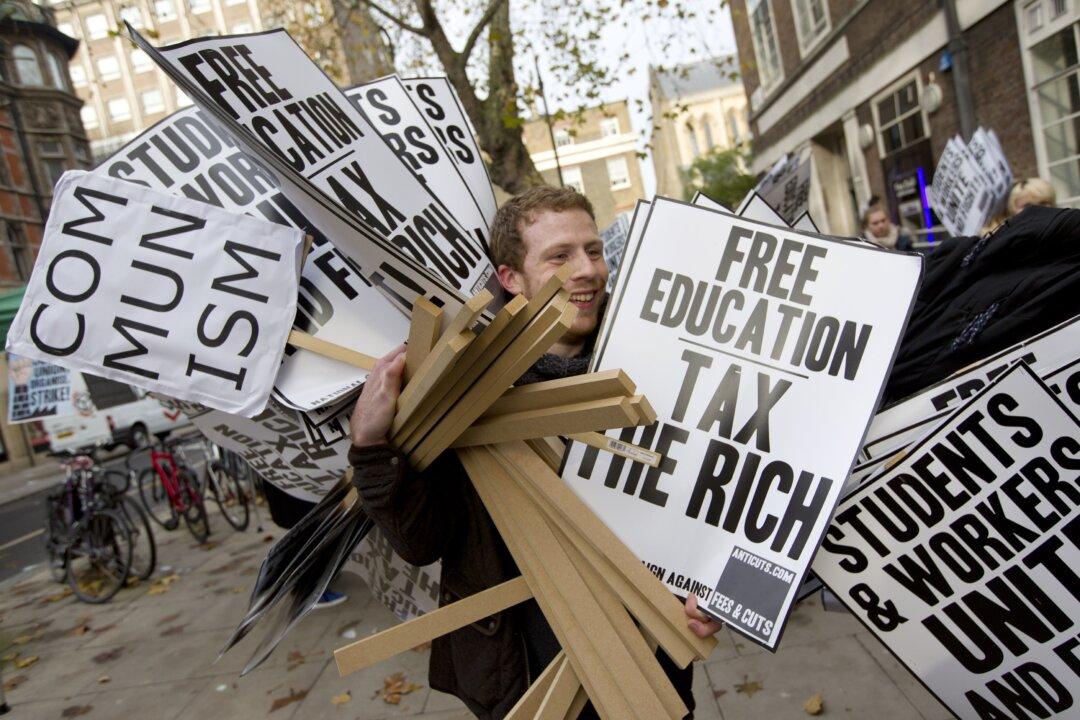Commentary
The human race has made immense progress in dealing with the reality of climate change. If you wish to characterize the ongoing collisions between mankind and climate as a war, humans are winning that war. It’s time to retire the phrase “existential threat” when discussing climate change. While there’s more yet to be done, many commendations are due for successful steps already taken. Schools should stop teaching gloom and doom to our children. It’s time for all of us to be optimistic about climate change.





